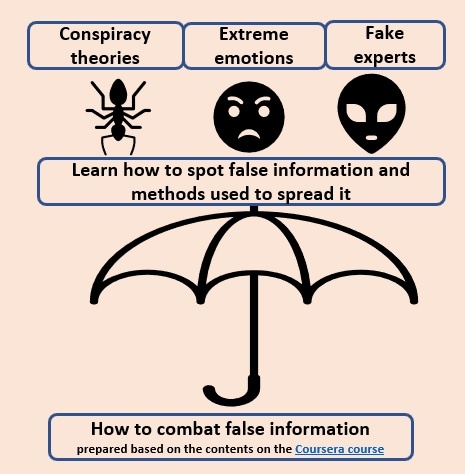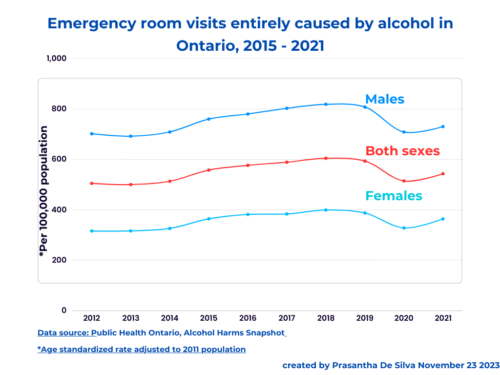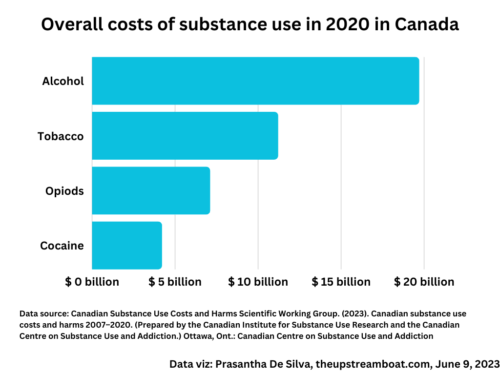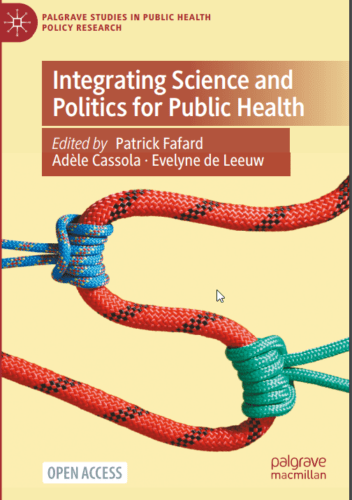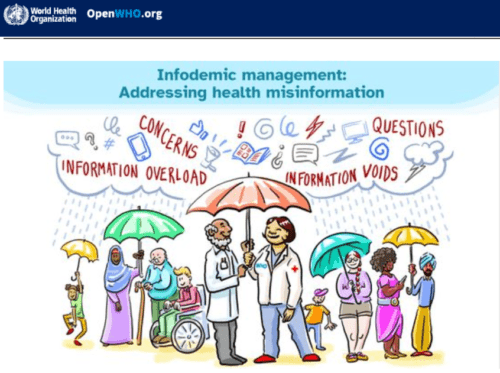Category: Risk communication
Words matter in COVID 19 communication
Words matter in Communicating the COVID-19 pandemic. It is not easy. Unknowingly, we contribute to social stigma with our words and phrases. UN agencies have been addressing this problem during the past two decades about previous outbreaks and pandemics through their country counterparts. Still, the problem exists and is widespread. Find out the words and phrases that we need to use and avoid while communicating COVID-19. Words matter in COVID 19 communication; it matters a lot. Raise awareness among your circles, particularly opinion leaders, decision-makers, program managers, social media, and other influencers including media reporters, and their editors. Talk about…
WHO short guide on how to communicate COVID 19
This is not a new one. It was released on Feb. 24, 2020. And, it is the responsibility of the WHO people to communicate and train relevant country representatives. The key points in this very short document are as follows; 1. Do talk about “people who have COVID 19”(Do not talk about “COVID 19 cases” or “COVID 19 victims”) 2. Do talk about “people who may have or (presumptive) COVID 19(Do not talk about “COVID 19 suspects” or “suspected cases”) 3. Do talk about people acquiring or contracting COVID 19(Do not talk about “transmitting COVID-19” “infecting others” or “spreading the…
How to frame covid19 pandemic messages
Risk communication is challenging, particularly through mass media. It can yield unintended consequences when the time-tested proven strategies are not followed. The people’s response varies with how we frame those messages. Therefore communication becomes critical here. In other words, even providing factually correct messages is not enough. Those messages should be framed to persuade the message recipients. how do we do that? Previous epidemics like SARS and Ebola have taught us some lessons in this regard. The World Health Organization (WHO), US CDC, and European Union have developed guidelines based on prior experience. Those are as follows; The US CDC…




